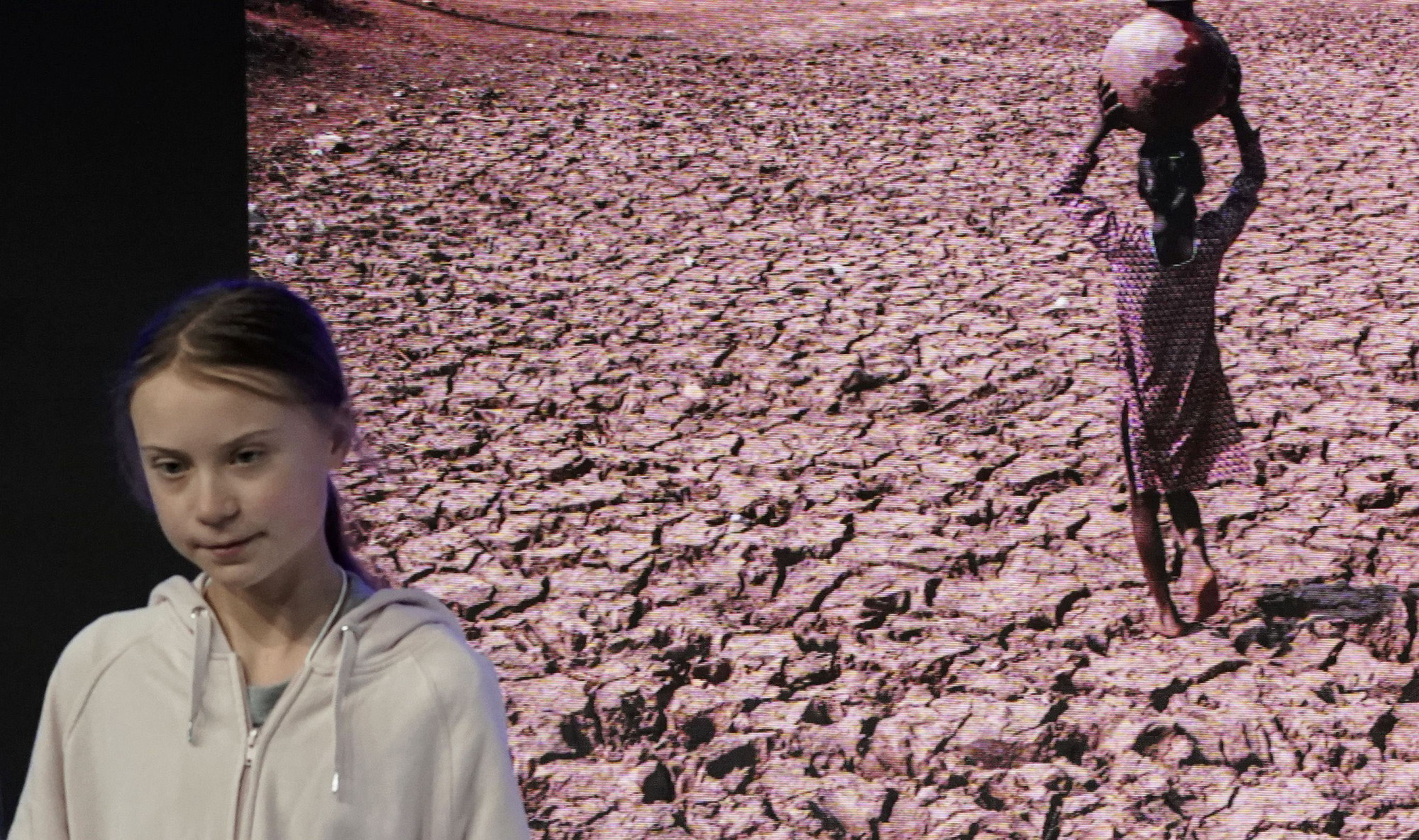Climate data shows that we're on a steady path of global warming — the 2010s was the hottest ever on record. The United Nations Environment Programme (UNEP) has called the past 10 years the "lost decade of climate action" during which there was no real change in the pathway of emissions of greenhouse gases across the globe. Indeed, the world cannot afford to lose another decade in the fight to avert the catastrophic effects of climate change. As the world's fifth-largest emitter, Japan must step up to the plate and promptly revamp its efforts to combat global warming.
Last year, the average temperature on Earth was the second-highest on record, according to the World Meteorological Organization. What's more, the average global temperature for the 2010-2019 period was the highest on record, continuing the upward trend that began in the 1980s. The 2019 average marked an increase of 1.1 degrees Celsius from pre-industrial levels, and the WMO warns that the temperature rise would reach 3 to 5 degrees by the end of the century — far above the Paris Agreement goal of keeping it within 2 degrees and as close as possible to 1.5 — if emissions of heat-trapping gases continue at the current pace.
The 2019 average temperature in Japan was the highest since the government began taking relevant statistics in 1898, topping the benchmark 30-year average to 2010 by 0.92 degrees. The series of typhoons that hit Japan since last summer maintained their strength as they made landfall due to the higher water temperatures in the sea around Japan, causing downpours and flooding that defied conventional expectations. Extreme weather as manifested in heat waves, wildfires and rising sea levels is expected to be more frequent and damaging in coming decades. The impact of climate change is no longer a threat in the distant future.

















With your current subscription plan you can comment on stories. However, before writing your first comment, please create a display name in the Profile section of your subscriber account page.